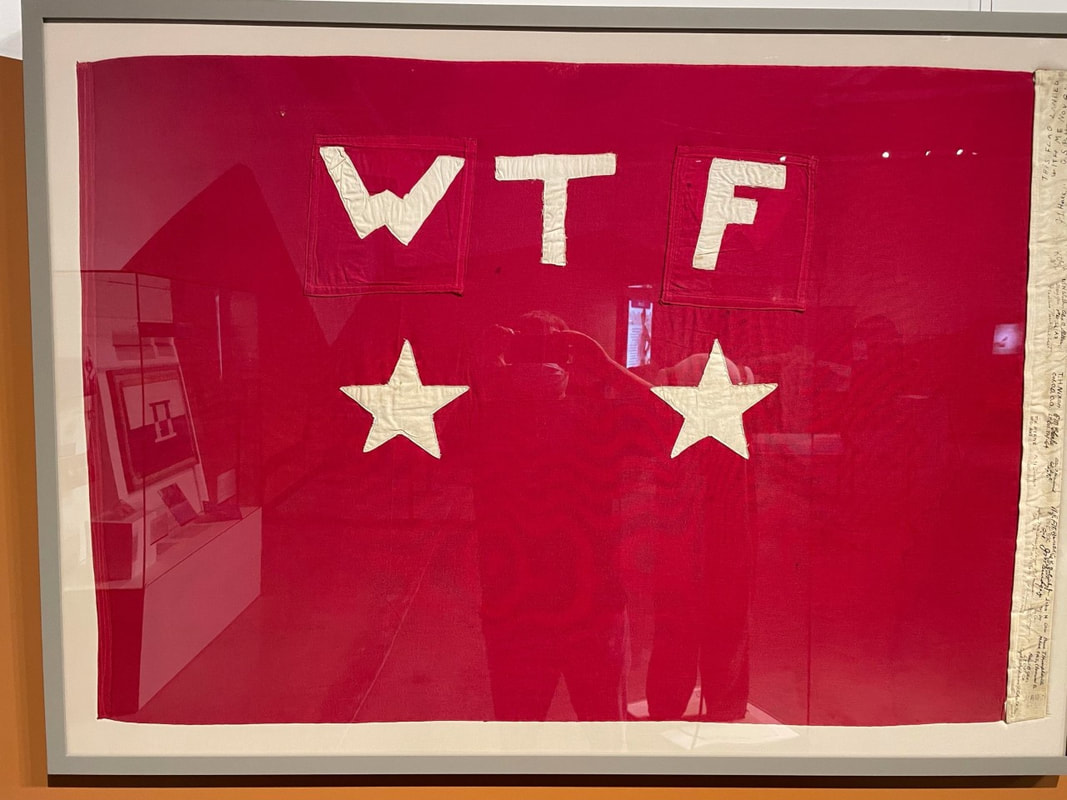|
Today’s first stop was at the boyhood home of William Howard Taft—the only person to serve as Commander-in-Chief and Chief Justice of the United States. As Chief Justice, Taft was deferential toward military processes. The case of Rogers v. United States, 270 U.S. 154 (1926), is illustrative. Faced with the requirement to reduce the size of the Army after World War I, Congress devised a scheme to sort officers into two classes. Class A officers were retained on active duty. Class B officers were sent home, but not before having an opportunity to tell a five-officer court of inquiry why he should be retained. The court’s decision, however, was only advisory. Major Rogers, a Class B artillery officer, was a party to such a court of inquiry. He testified on his own behalf, as was his right under the statute, and had a slew of officers standing by to testify for him too. Midway through his testimony, however, the presiding officer told him, “That will be all.” When Rogers’s counsel attempted to call witnesses, the presiding officer wasn’t having it. Chief Justice Taft recounted the exchange thus: “‘It is the suggestion of the court, merely a suggestion, you understand, that counsel rest his case.’ Counsel for the plaintiff thereupon stated to the court that he had more evidence that he desired to submit, whereupon the presiding officer stated: ‘I wish to repeat that it is the suggestion of the court that counsel rest his case.’ Thereupon the counsel for the plaintiff again stated to the court that he had other evidence, and that there were six witnesses in the building whom he desired to call, and a seventh witness who was in the city and waiting to be called by telephone. The presiding officer thereupon stated emphatically, striking his hand forcibly on his desk: ‘I wish to reiterate that it is the suggestion of the court that counsel rest his case.’ The plaintiff thereupon closed his case. At the time, plaintiff had, in the same building wherein the court was sitting, six witnesses, and a seventh witness, an army officer, waiting to be notified by telephone to appear.” 270 U.S. at 158-59. Apparently the court’s prickly attitude toward receiving evidence wasn’t rooted in antipathy toward Major Rogers. The court found that Rogers should be retained. The Army disagreed, however, and put Rogers on the retired list. Rogers went to the Court of Claims and then the Supreme Court. Chief Justice Taft was dismissive of Rogers’s claim that the court had wrongly curtailed his right to present evidence: “He had counsel who presumably knew his rights under the statute, and if such evidence was deemed material and important, we must assume that the counsel would have asserted his right and insisted on the production of the evidence.” 270 U.S. at 162. I think most counsel, in the face of a general officer pounding the table and telling him to wrap up, would decide to rest. But such is waiver. The TravellersComments are closed.
|
Links
CAAF -Daily Journal -Current Term Opinions ACCA AFCCA CGCCA NMCCA Joint R. App. Pro. Global MJ Reform LOC Mil. Law Army Lawyer Resources Categories
All
Archives
April 2022
|




